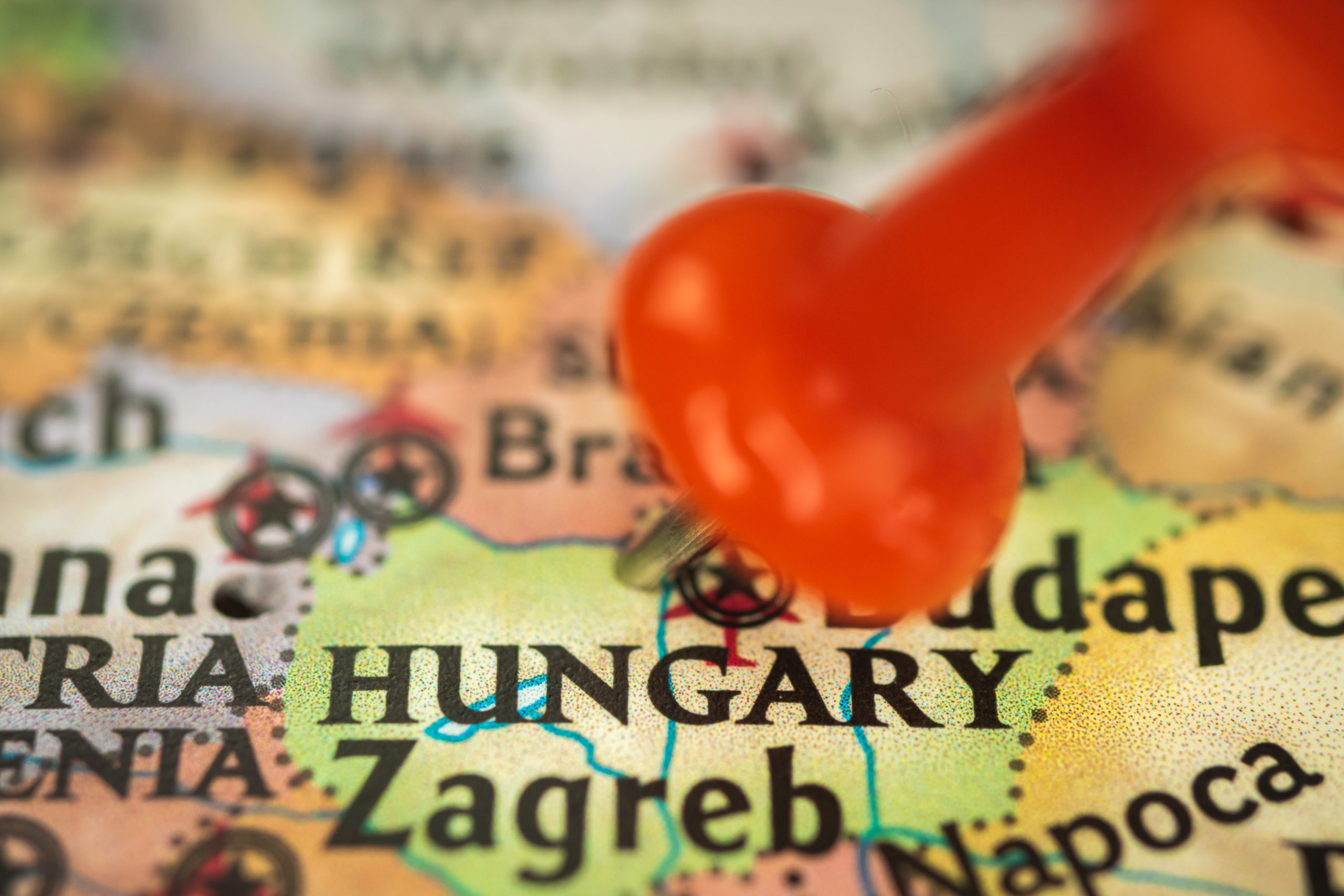Original article (in Croatian) was published on 18/08/2022
Marginal web portals spread disinformation that Hungary has lifted sanctions against Russia. That is not correct. Hungary must respect the sanctions imposed by the EU.
Our readers have warned us that an article by a marginal web portal from Serbia is spreading among users of social networks, which states that Hungary has lifted sanctions against Russia. That is not correct.
“ORBAN REMOVED SANCTIONS ON RUSSIA, REBELLION IN EUROPE IS SPREADING LIKE A FLOOD! Greece, Spain and Portugal will not reduce gas consumption… SERBIA, THINK ABOUT THIS!” is the title of the article (archived here) published on the 365Srbija portal.
The article claims that Hungarian Prime Minister Viktor Orban “removed the EU sanctions against Russia” and that he sent his Foreign Minister Péter Szijjárt to Moscow where he and his Russian counterpart Sergey Lavrov “contrary to the dictates of Brussels, agreed on increased deliveries of Russian gas, as well as implementation of large joint projects, including energy projects”.
EU sanctions
It is true that Hungary received an exception to the sanctions imposed by the EU on Russia for the import of Russian oil. However, it is not true that “Orban lifted the sanctions against Russia”, as stated in the title of the article published on the 365Srbija portal. Hungary is still obliged to apply almost all the EU’s sanctions against Russia.
Even before the Russian invasion of Ukraine, Orban often blocked the negotiations of EU member states, as well as those on the introduction of new sanctions against Russia. Blocking negotiations is Orban’s tactic, which is why he is often described as a “blackmailer”.
It is also true that the Minister of Foreign Affairs of Hungary Szijjártó met with Lavrov in Moscow; he demanded that Russia send additional quantities of gas to that country (FT). However, Orban’s government could not stop the adoption of joint EU sanctions against Russia. The European Union adopted a total of seven packages of sanctions against Russia.
As stated on the official website of the European Union, “the EU adopted a series of sanctions packages in response to the unprecedented and unprovoked military attack of Russia on Ukraine”. The first package of measures was adopted on February 23 in response to Moscow’s decisions to recognize the regions of Donetsk and Lugansk and the announced deployment of the army to those areas.
Measures include sanctions against individuals and entities, economic sanctions, media restrictions and diplomatic measures.
As it is also stated on the EU website, “Council decrees and decisions are legal acts of general application and are therefore binding on every person or entity within the competence of the EU. This includes all persons or entities in the EU, all EU citizens regardless of where they are located, and all companies and organizations established on the basis of the law of an EU member state”.
Reuters follows the sanctions and other measures imposed on Russia by various countries around the world, which you can find on this link. You can view the map with the list of countries on which the EU has imposed sanctions here. Hungary, like all other member states, is obliged to respect the sanctions imposed by the EU on third countries.
Defense critical to sanctions
It is true, however, that Orban granted Hungary a temporary exemption from the ban on the import of Russian oil into the EU by sea, which he presented as a victory for Hungarian interests. It is also true that Orban is critical of the sanctions imposed by the EU on Russia and spoke of the need for “a new strategy that should focus on peace negotiations and the development of a good peace proposal… instead of winning a war”. (Al Jazeera, Reuters)
Croatian media also reported on Orban’s criticism of the European Union and sanctions (tportal, Glas Istre, N1 Hrvatska, net.hr).
Hungary depends on Russian energy sources
Hungary, which imports between 65 and 85 percent of its gas from Russia (APnews), is the only country bordering Ukraine to refuse to send military aid to that country. Foreign Minister Szijjártó said that it would cost Hungary between 15 and 18 billion euros to “completely modernize the Hungarian energy infrastructure” so that it could stop using Russian oil (Guardian).
As FT writes, Szijjártó insists on keeping the line of communication with Moscow open; the Hungarian Minister of Foreign Affairs claims that the country has no way to quickly “get rid” of Russian energy resources without harming the Hungarian economy.
Hungary has also banned the export of lethal weapons to Ukraine across its borders, angering many European politicians as well as Zelensky. Orban also stated that Ukraine will never win in this war because “the Russian army simply has asymmetric superiority” (Reuters).



